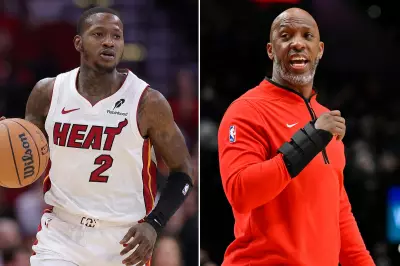
In a revelation that is set to send shockwaves through the football world, former Manchester United and England striker Michael Owen has suggested that Wayne Rooney's iconic career at Old Trafford was prematurely cut short by the legendary Sir Alex Ferguson.
Owen, who shared the pitch with Rooney for both country and club, has offered a fresh and controversial perspective on the departure of United's record goalscorer. His comments provide a fascinating insight into the complex dynamics of management and player longevity at the highest level of the sport.
A Premature End to a United Legend?
Speaking candidly, Owen did not hold back in his assessment of Rooney's exit from the Theatre of Dreams. The core of his argument hinges on the belief that the prolific striker still had plenty to offer at the elite level when Ferguson decided his time was up.
Owen's viewpoint challenges the widely accepted narrative, proposing that managerial strategy and the relentless demand for renewal at a top club can sometimes override a player's current abilities and potential contributions.
The Owen-Rooney Partnership
Having played alongside Rooney for England and later at Manchester United, Owen had a unique vantage point from which to judge his teammate's capabilities. This firsthand experience lends significant weight to his claim that Rooney's powers were far from diminished.
His assertion implies that Rooney could have continued to be a major asset for the Red Devils, scoring goals and creating chances, rather than being phased out when he was.
Ferguson's Unwavering Philosophy
The debate touches on one of Sir Alex Ferguson's most famous—and often ruthless—management principles: the art of knowing when to move a player on. The Scot was renowned for rebuilding his squads, often selling star names a year too early rather than a year too late.
Owen's comments directly contest whether this philosophy was correctly applied in the case of Rooney, suggesting that for once, the great manager's timing may have been off.
This insight from Michael Owen adds a new layer to the enduring discussion about player management, legacy, and the difficult decisions that define the world's biggest football clubs. It's a story of what might have been for one of English football's greatest-ever goalscorers.





